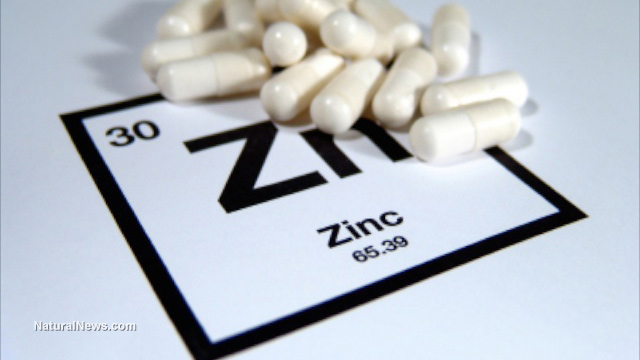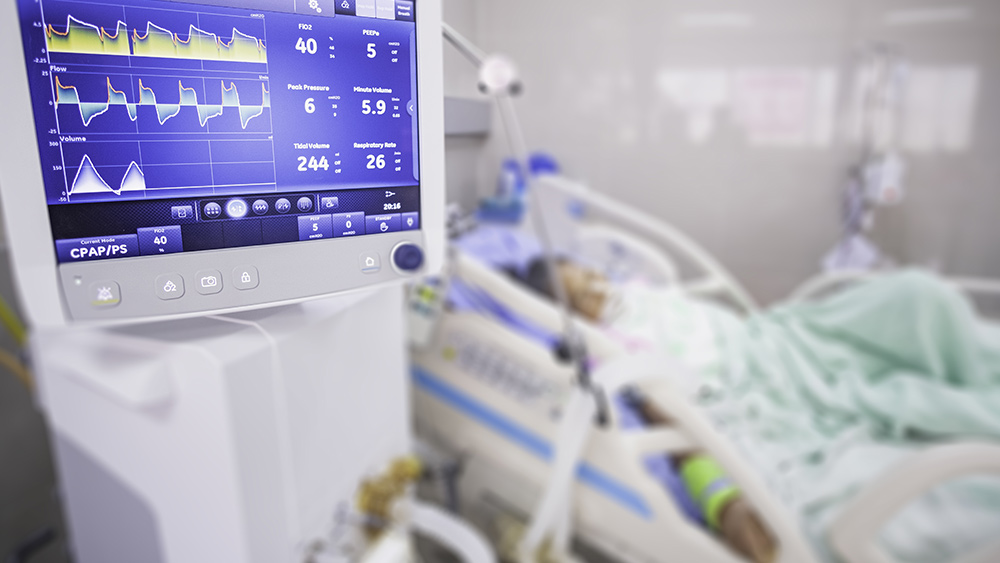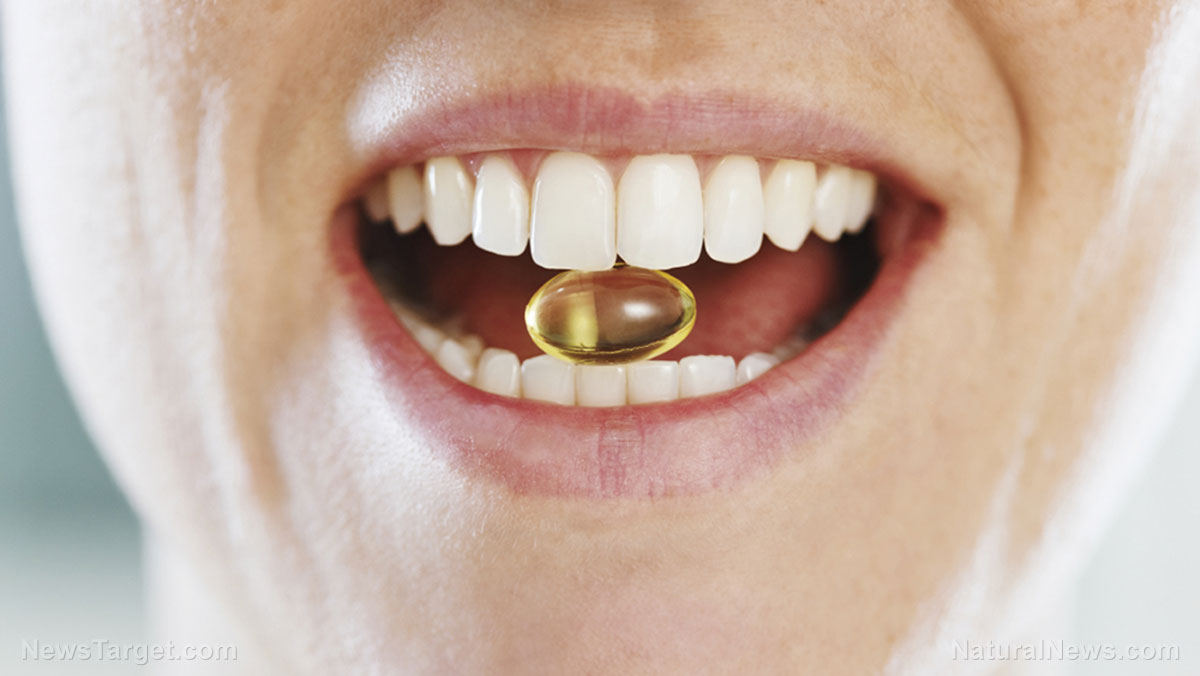Raising vitamin D levels can prevent up to 80% of all cases of Type 2 diabetes
10/09/2018 / By Vicki Batts

It’s no secret that low vitamin D levels can put your health at risk, but new research has underscored the importance of vitamin D in disease prevention for the long haul. Scientists from the University of California at San Diego report that adequate vitamin D levels could help prevent up to 80 percent of all cases of Type 2 diabetes — a jaw-dropping find, to say the least. Type 2 diabetes is quickly reaching epidemic proportions, affecting an estimated 10 percent of the United States’ population. More than 30 million adults in the U.S. have diabetes, while another 84 million are said to have prediabetes.
And according to Dr. Cedric Garland, many of these cases could be prevented with proper vitamin D levels.
Vitamin D to prevent type 2 diabetes
Dr. Garland and his team at UC San Diego conducted a study featuring 900 participants, which was recently published in the journal PLOS ONE. The goal was to examine the influence of vitamin D levels on Type 2 diabetes risk. The 12-year cohort study ultimately showed that vitamin D could help prevent nearly 80 percent of Type 2 diabetes cases. Past research has also indicated that the “sunshine vitamin” can reduce the risk of diabetes.
None of the participants were said to have diabetes at the beginning of study.
As sources report, vitamin D levels were measured (in the form of 25-hydroxyvitamin D in the blood) across the study’s duration, and the volunteers were followed to see if they developed Type 2 diabetes.
Participants with levels of vitamin D over 30 ng/mL (nanograms per milliliter) had just one-third the incidence of diabetes, when compared to subjects with vitamin D levels under 30 ng/mL.
Those with the highest vitamin D concentrations (50 ng/ml) boasted even better results: They were five times less likely to develop Type 2 diabetes than those who had the lowest vitamin D levels (20 ng/mL or less).
The difference in diabetes risk is shocking, but it’s important to note that vitamin D alone is not the only risk factor when it comes to Type 2 diabetes.
As the researchers note, “Body mass index, waist circumference, fasting plasma glucose, triglyceride concentrations and systolic blood pressure were higher in individuals who became cases of diabetes during the follow-up period than in those who did not.” These are some of the most commonly known risk factors for Type 2 diabetes.
More about vitamin D
Natural Health 365 reports further that he National Academy of Medicine has a recommended daily allowance of vitamin D of 600 IU for adults but that Dr. Garland deems this amount “dreadfully low” for chronic disease prevention.
“Natural health experts may recommend daily vitamin D3 dosages in the amount of 4,000 IU to 10,000 IU. And, if you’re really low, you may need more – for a short period of time – until the deficiency is resolved,” Natural Health 365 contends. However, it is imperative that you speak with a holistic care provider or other trusted professional before beginning any new supplements. While too little vitamin D is no good, too much can also be detrimental — and not everyone needs a vitamin D supplement.
As the researchers note, people who live in sunny areas near the equator are far less susceptible to vitamin D deficiency than people who live in more northern or less sunny areas.
Diabetes isn’t the only condition that vitamin D can help prevent. Along with promoting healthy bones, research has shown that getting enough of the sunshine vitamin can help prevent cancer. For people of color, the benefits of vitamin D are especially noteworthy. As Mike Adams, founder of Natural News and creator of Brighteon.com, contends, “Every black person in Chicago, in Detroit, New York and the U.K. could prevent cancer — about four out of five cancers, by the way — with nothing but vitamin D.”
Learn more about keeping illness and disease at bay at Prevention.news.
Sources for this article include:
Submit a correction >>
Tagged Under:
anticancer, diabetes, natural cures, nutrient deficiences, nutrition, prevent diabetes, prevention, supplements, Type 2 Diabetes, vitamin D
This article may contain statements that reflect the opinion of the author
RECENT NEWS & ARTICLES
COPYRIGHT © 2017 VITAMIN D NEWS


















